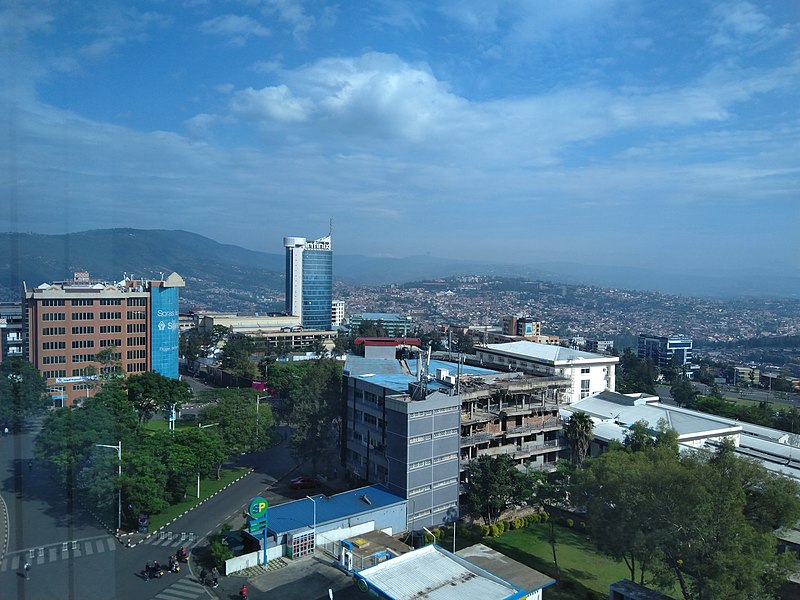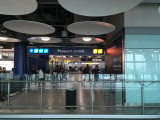
Rwanda has accused the United Nations refugee agency of providing false information to a British court regarding the treatment of asylum seekers sent to the
East African nation. The United Nations High Commissioner for Refugees (UNHCR) recently told the court that asylum seekers deported to Rwanda might face further relocation to countries where they could be at risk of torture or death.
The UNHCR's legal representatives argued that Rwanda's asylum system is inadequate, which is central to the challenge against the British government's policy of deporting asylum seekers there. They claimed that this policy risks exposing asylum seekers to "refoulement," a process whereby individuals are returned to a country where they may face persecution. This argument builds on prior evidence that played a significant role in the British Supreme Court's decision to declare the British deportation plan unlawful last year.
In response, Rwanda's government spokesperson issued a statement on Tuesday, accusing the UNHCR of lying and presenting fabricated allegations to UK courts regarding Rwanda's treatment of asylum seekers. The spokesperson highlighted that despite these accusations, Rwanda continues to collaborate with the UNHCR to resettle African migrants from Libya to Rwanda.
The UNHCR has maintained its position, expressing concerns about the risks of "externalisation," which includes refoulement. The agency reiterated that the UK-Rwanda Asylum partnership shifts the responsibility for making asylum decisions and protecting refugees. They declined further comment due to ongoing related court actions.
Rwanda's government contends that the cases cited by the UNHCR in court involved individuals who had legal status in other countries but did not meet Rwanda's entry requirements, or people who left Rwanda voluntarily.
Last week, the UK announced that the first flight to Rwanda is scheduled for July 24, contingent upon the Conservative Party, led by Prime Minister Rishi Sunak, winning the general elections on July 4. However, this plan faces uncertainty as the opposition Labour Party, which leads by about 20 points in opinion polls, has promised to cancel the policy if elected. Photo by Ferdinand IF99, Wikimedia commons.







































